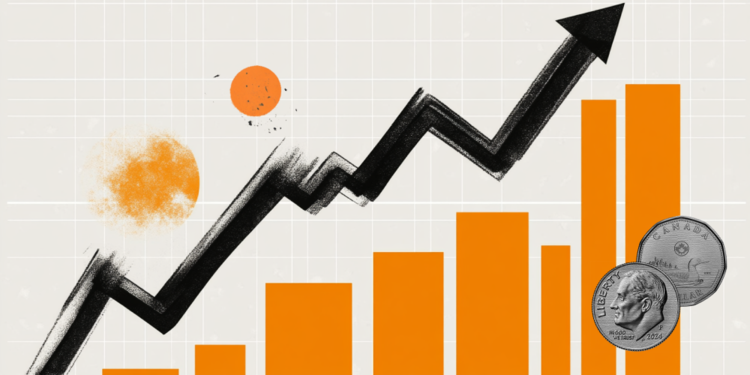The “cushion” of resources, mentioned by Finance Minister Fernando Haddad, which, in his view, could compensate for the return of tax burden on fuels is “very thin”.
This is the assessment of GO Associados economist and FGV professor Gesner Oliveira.
According to Haddad, Petrobras’ pricing policy would have room to mitigate the return of the charge.
A CNN Radio Gesner stated that “there is not much room to do this” and warned that “any artificial pricing that is not in line with international ones goes very wrong.”
For the professor, what cannot happen is that Petrobras has a loss to pay an artificial price.
“Perhaps what Haddad mentioned and which would be correct is that you can have a policy that dampens price fluctuations,” he said.
For example, if there is an unexpected increase in the price of oil due to some action in the Ukraine war, “it would not need to be transmitted to the domestic market.”
For this, Gesner states that the stabilization fund is “a controversial matter, but, if well conceived, it can mitigate the effects of oscillations on the pocket of the domestic consumer.”
At the same time, the economist points out that the signal that Haddad is strengthened and has asserted technical vision in the face of political pressures on the issue of fuel re-encumbrance is positive.
“This ends up mitigating, in the long term, the effect on inflation, although in the short term the increase has an inflationary effect”, he added.
*Produced by Isabel Campos
Source: CNN Brasil
I am an experienced journalist, writer, and editor with a passion for finance and business news. I have been working in the journalism field for over 6 years, covering a variety of topics from finance to technology. As an author at World Stock Market, I specialize in finance business-related topics.







